The Heart of Internally Displaced Colombians
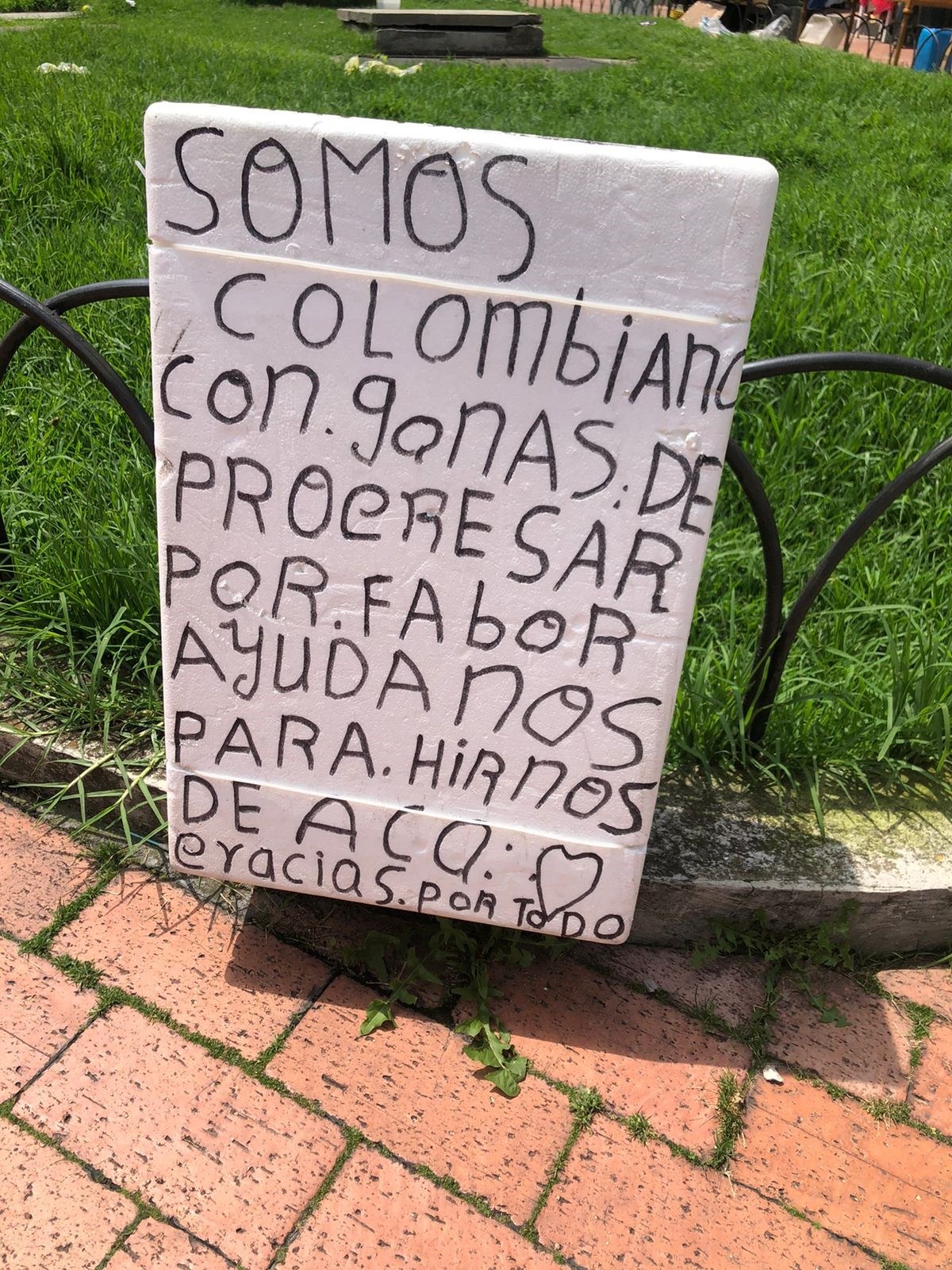
I walk through the crowded streets, with my phone in my hand as my only translator. I stop at a spot where I know many displaced Colombians have built temporary shelters, where many claim they have been violently forced out of their homes. I pass my phone back and forth to what appears to be the matriarch of the community. We do our best to communicate and sometimes we can’t, so we just end up laughing and everyone else laughs too. My heart is breaking for what I see around me, but their laughter brings us together when the language barrier stands in the way.
I show up with a few bags of groceries to hand out while I ask if I can take some photos to document their hardships. An elderly man sticks his hand in the bag, and of all the food that I have (rotisserie chickens, loaves of bread and toiletries), he grabs an apple. They are desperate for basic nutrition like fresh fruits and vegetables.
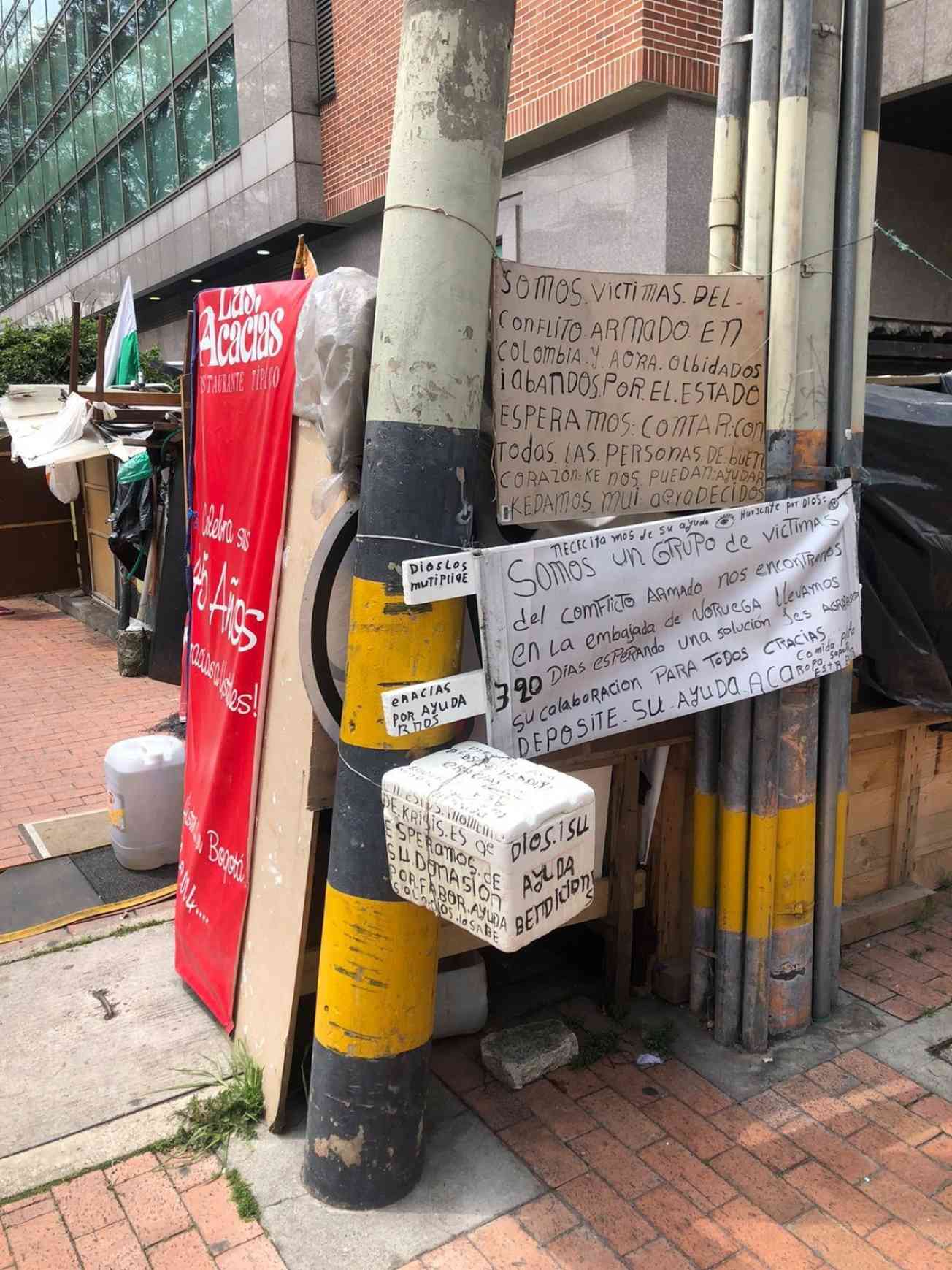
Families start coming out of their homes which are made of cardboard, plywood, blankets and whatever supplies they can find. Their laundry hangs over the fence that’s between a hotel and a butcher shop. They have signs up all around that tell their story, explain why they are there and ask for help.
“Somos Colombianos con ganas de progresar. Por favor ayúdanos para hirnos de acá. Gracias por todo.”
“We are Colombians wanting to progress. Please help us to get us out of here. Thanks for everything.”
Within minutes, I am surrounded by families who seem surprised that someone has not only brought food but stays to talk. People are taking my photo, shaking my hand and introducing themselves one by one until we get through every person. Four young kids come out of one of the houses and push their way to the front with adorable, curious smiles. They all come over and start stroking my soft bag with faux fur as they listen, while another girl, about 12, hugs me and holds tight.
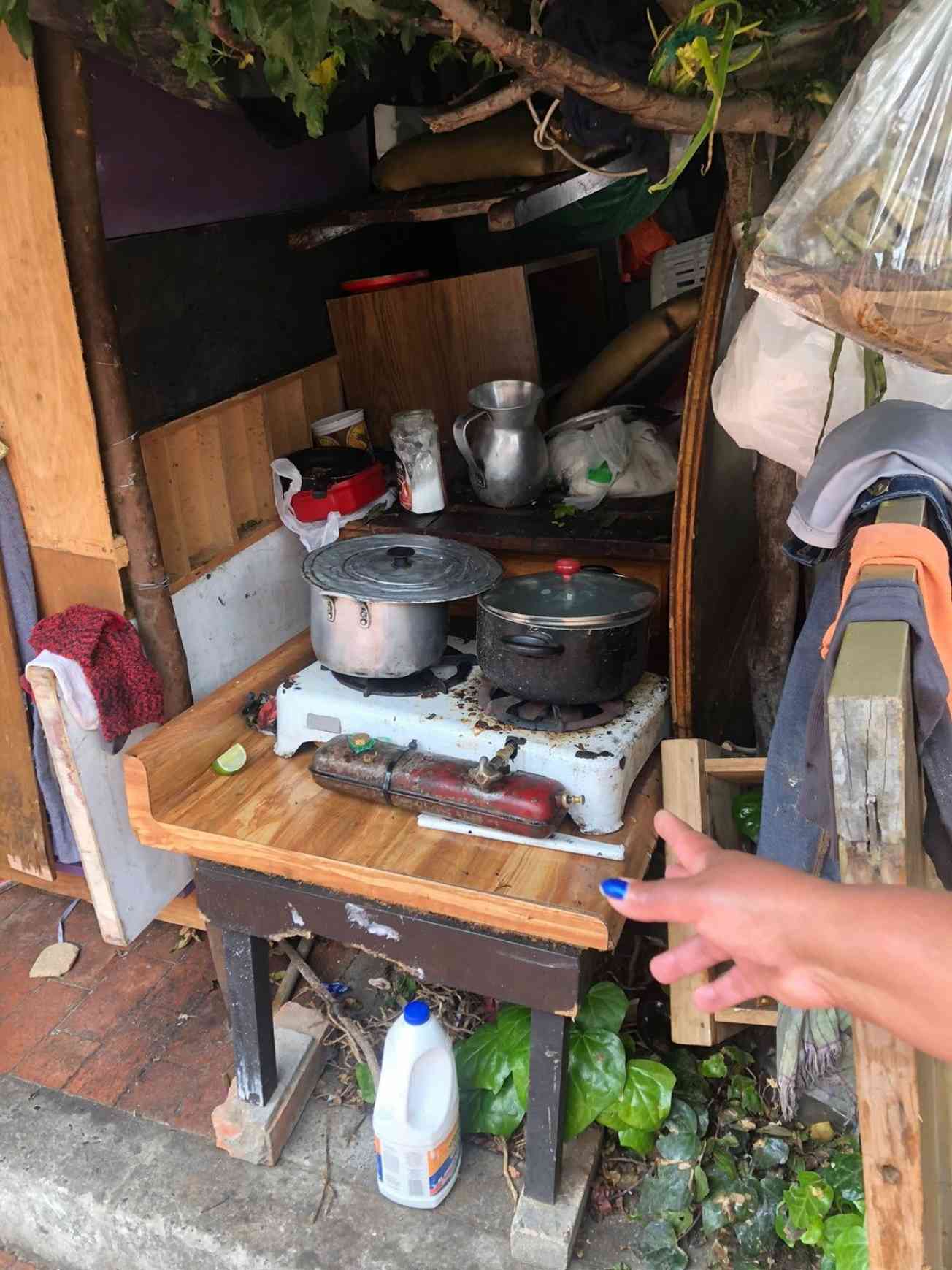
The families start showing me their homes, pulling back the blankets they use as doors to show how bad the conditions are. I see blankets on the ground where they sleep and nothing else. There is a community kitchen with a rusted table top stove surrounded by ripped up furniture, something someone most likely threw out. It is by far the worst living conditions I’ve ever seen in my life. I don’t see any place where they could get running water or use a restroom.
One woman tells me, “we are victims of forced displacement by illegal armed groups in Colombia”. Another tells me, “I’m very sad for our country, Colombia.” I watch tears run down her face as she tells me she has four kids and she is afraid. I lean over and give her a hug. I type in my Google translator that I promise I will come back with some friends and bring food, clothes and some basic humanitarian aid. She then tells everyone what I wrote.
As I say goodbye, my new friends say “gracias”, shake my hand or give me a hug, which I think I need as much as they do too. As I walk away with a sad heart, I put my han
ds together in the shape of a heart and reach out to them, they mirror my small gesture.
It doesn’t take me long to message others who want to help and let them know of the conditions and what is at stake for this group of displaced Colombians. With arms and wagons full of clothes, toiletries, shoes and groceries in tow, we return the next day.
As soon as we arrive, we are surrounded. Everyone is so desperate to get any help; they don’t want to miss out. As soon as we pull something out of a bag, all I can see are hands. There is not enough, nor will there ever be until these displaced Colombians find a permanent home in their own land.
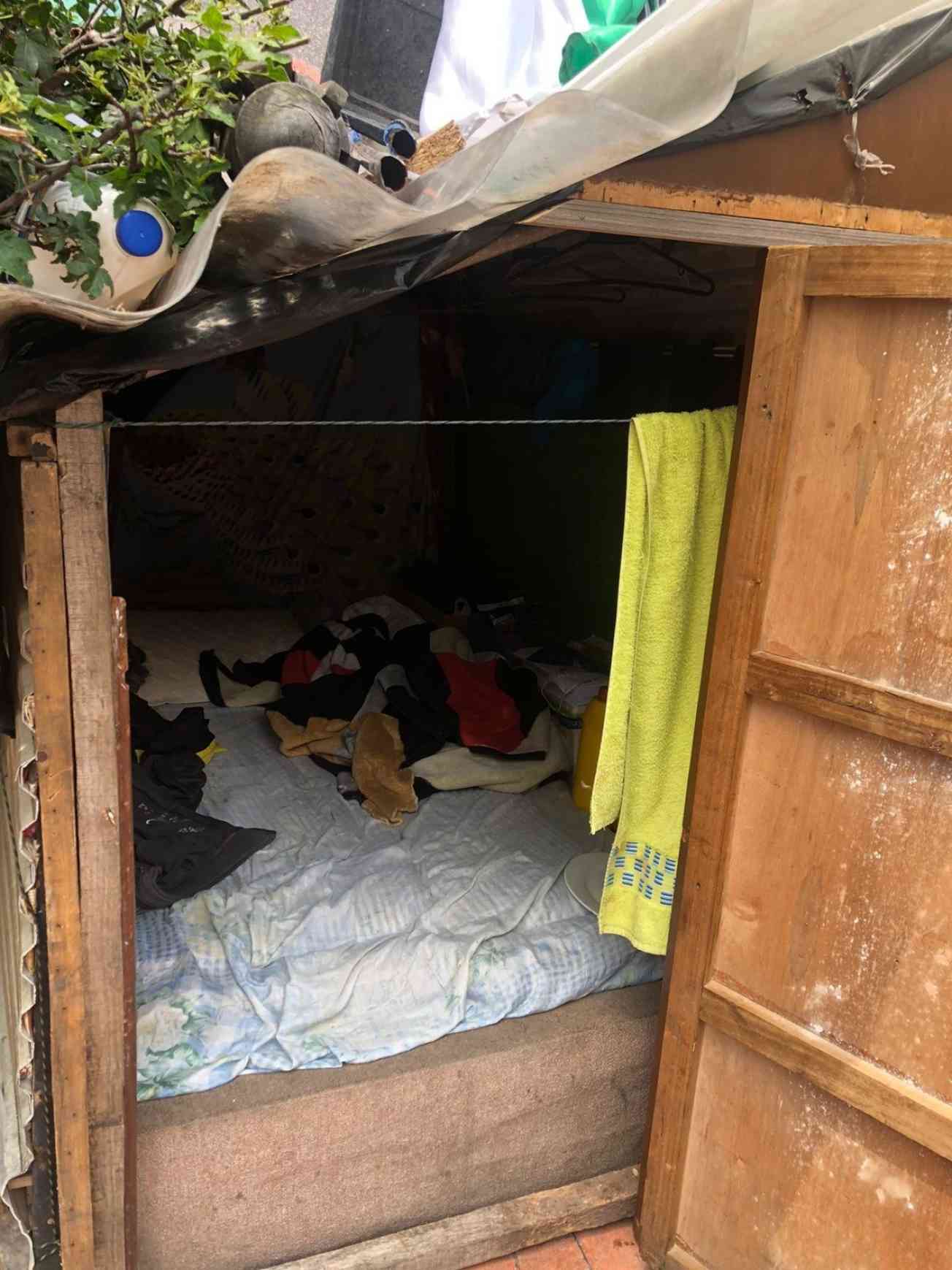
We ask them to create a line, so we can make sure all families get something. When we finish, we realize the mom with the four kids didn’t even get a bag of groceries. One of my friends promises to bring food back to her and her four children the next day.
Once again, we part ways, few words exchanged, but so much love and gratitude. Everyone returns to say goodbye and to extend their “gracias”. I type on my phone that they are loved and not forgotten and again, put my hands together to shape a heart.
“Asistencia, Dios. Gracias. Somos del conflictos armados necesitamos de su ayuda. Comida, Ropa, Zapatos. Gracias”
“Support, God. Thanks. We are from armed conflicts, we need your help. Food, Clothes, Shoes. Thank you.”
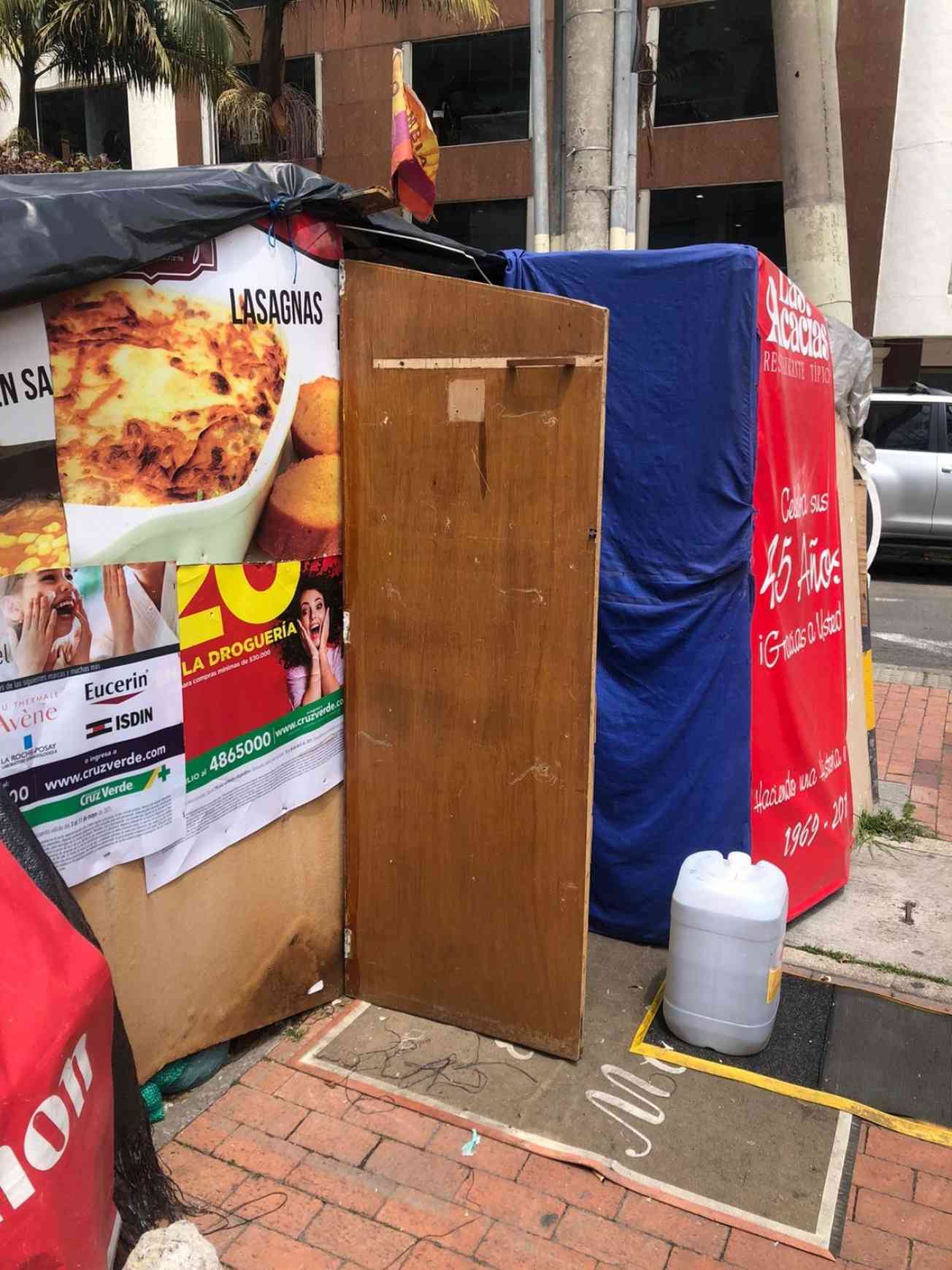
“Somos victimas del conflicto armado en Colombia y ahora olvidados y abandos por el estado. Esperamos, contar con todas las personas de buena corazon, que nos puedan, ayudar quedamos muy agradecidas.”
“We are victims of the armed conflict in Colombia and now forgotten and abandoned by the state. We hope to have all the good-hearted people who can help us, we are very grateful.”
“Necesitamos de su ayuda. Urgente por Dios. Somos un grupo de victimas del conflicto armado nos encontramos en la embajada de norucga llevamos 390 (numero cambiando) dias esperando una solucion. Les agradecido su colaboracion para todos. Gracias. Deposite su ayuda aca, comida, ropa…”
“We need your help. Urgent for God. We are a group of victims of the armed conflict, we are in the Norwegian embassy, we have been 390 (number changing) days waiting for a solution. I thank you for your collaboration to all. Thanks. Deposit your help here, food, clothes ... ”
“Dios su ayuda bendiciones”
“God’s blessings for your help.”
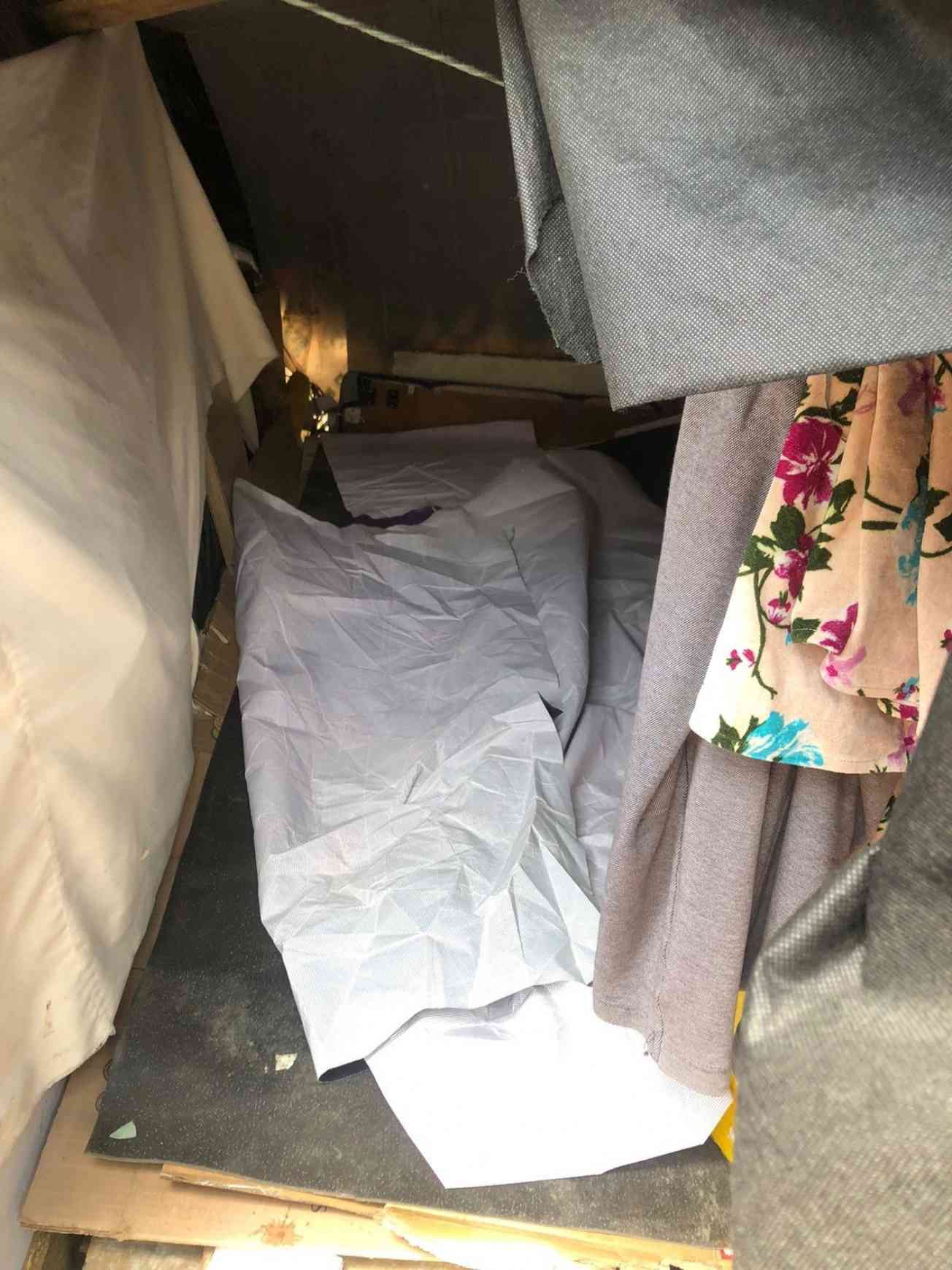
“Done aqui ropas zapatos alimentos lo que Dios ponga en su corazon.”
“Donate here clothes shoes food what God puts in your heart.”
“Su donaciones de gran aportes apoyo madre de 4 hijos. Gracias por su buen corazon dios los bendiga. Estamos aqui des de el 30 de Noviembre reclamando nuestros derechos violentados. Perano hemos sidas escuchados somos ignorados por el gobierno, vulnerados.”
“Your donations of great contributions support a mother of 4 children. Thank you for your good heart, God bless you. We have been here since November 30 demanding our violated rights. But we have been listened to, we are ignored by the government, violated.”
“Las que puedan ayudarnos lo pueden a ser aca. Dios los bendiga.”
“Those who can help us can do so here. God bless you.”
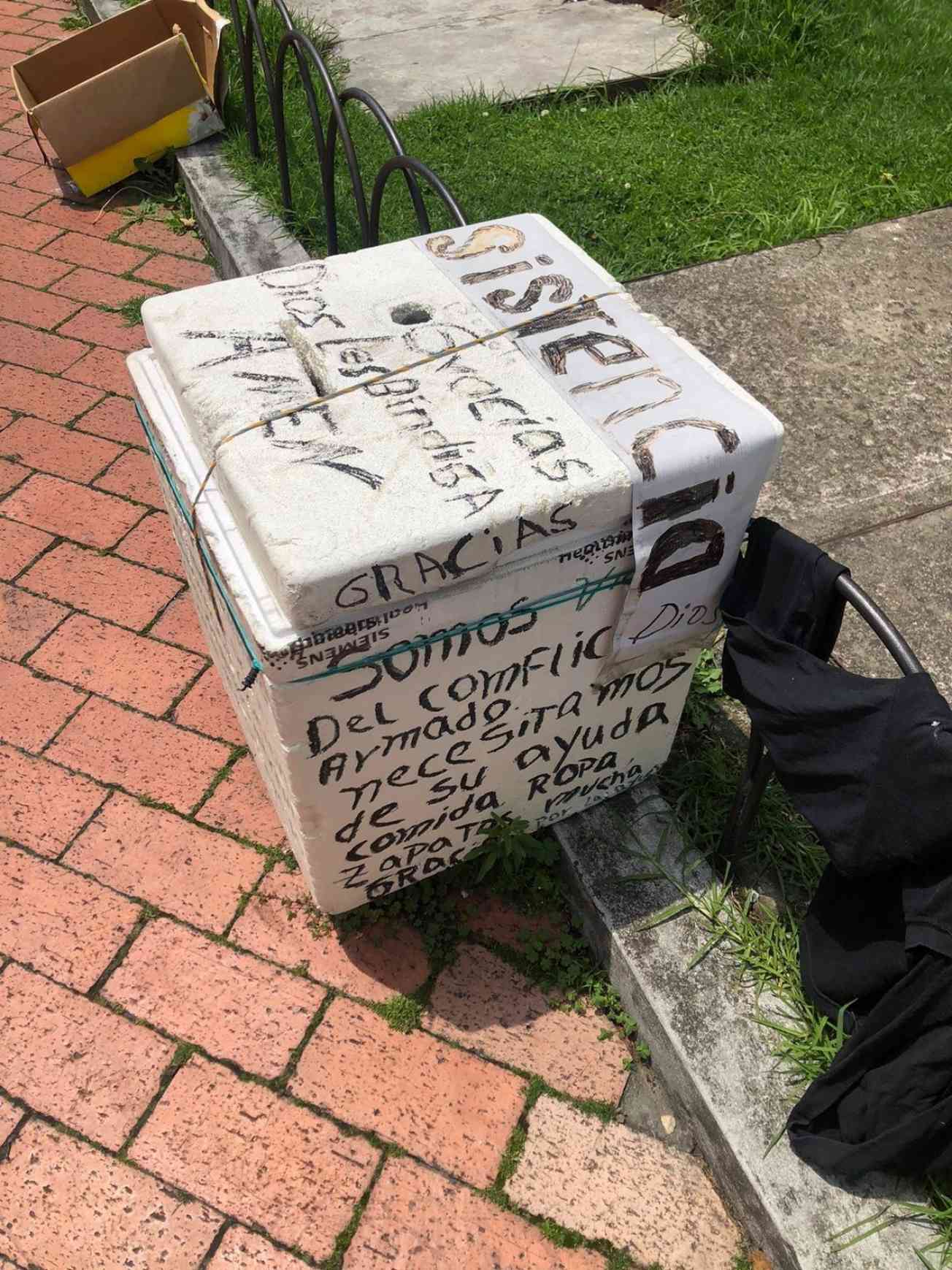
Official Statement on the Detention of Refugees and Ongoing Community Violence
With another death in Minnesota and continued violence toward individuals and groups standing up for their communities, we acknowledge the profound fear and uncertainty people are feeling--not just locally, but across the country.
On top of this, there are reports that refugees invited and admitted to our country through the U.S. Refugee Admission Program are now being detained, meaning that our new friends and neighbors feel that fear most acutely.
Refugees have already fled violence and persecution once. They came here legally, seeking safety. In moments like these, we reaffirm our commitment to building communities where refugees and immigrants can live without fear. Where they can go to work, send their children to school, and build lives of dignity and belonging.
We call for due process, accountability, and humanity in all immigration enforcement operations. We call upon our leaders to demand the demilitarization of our neighborhoods and cities. And we call on all of us to continue the work of welcoming and protecting those who have been forcibly displaced from their homes.